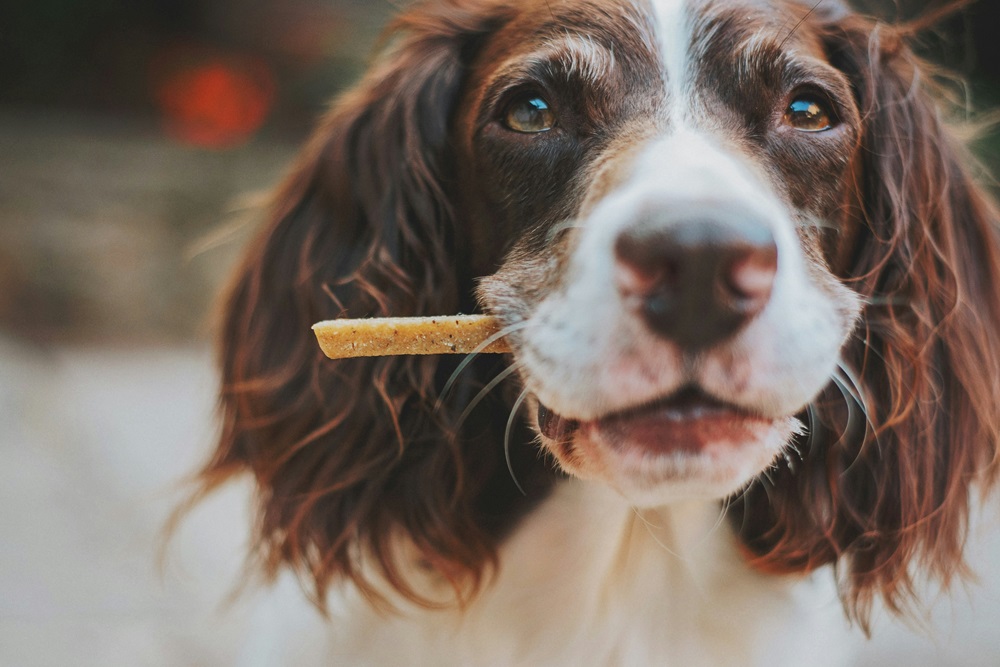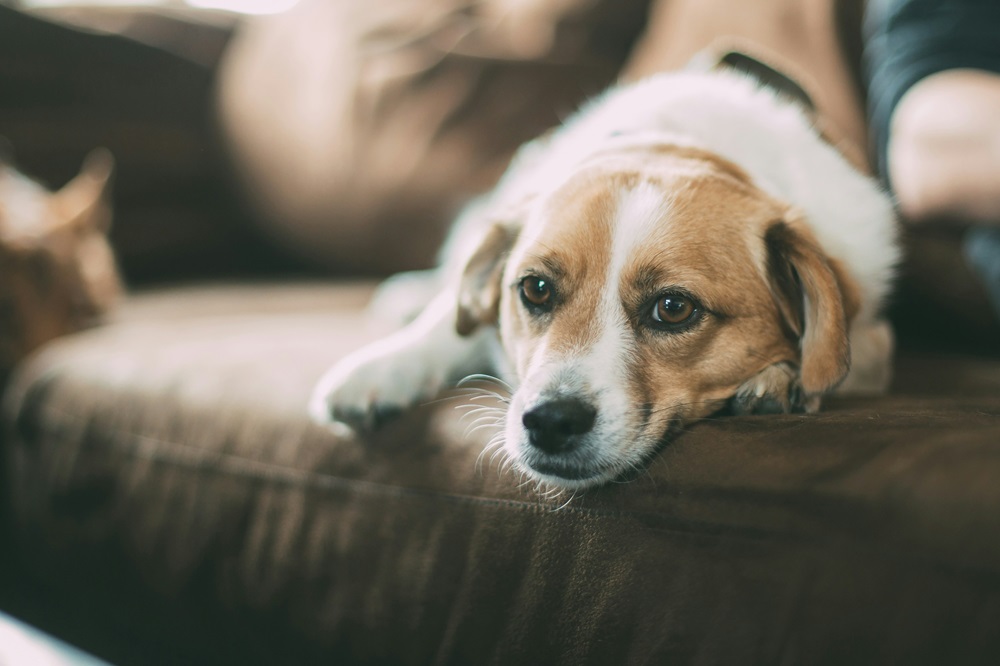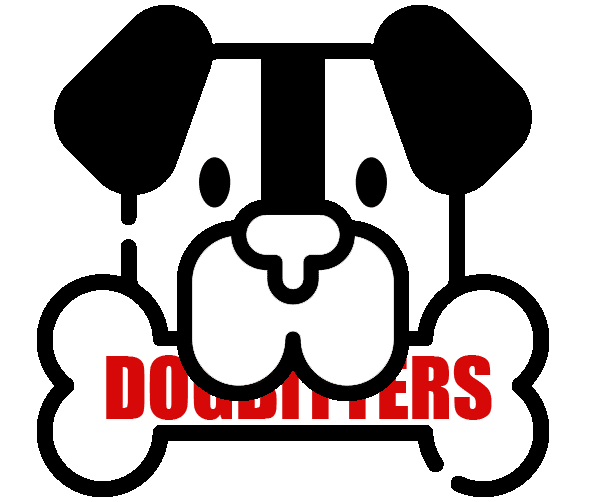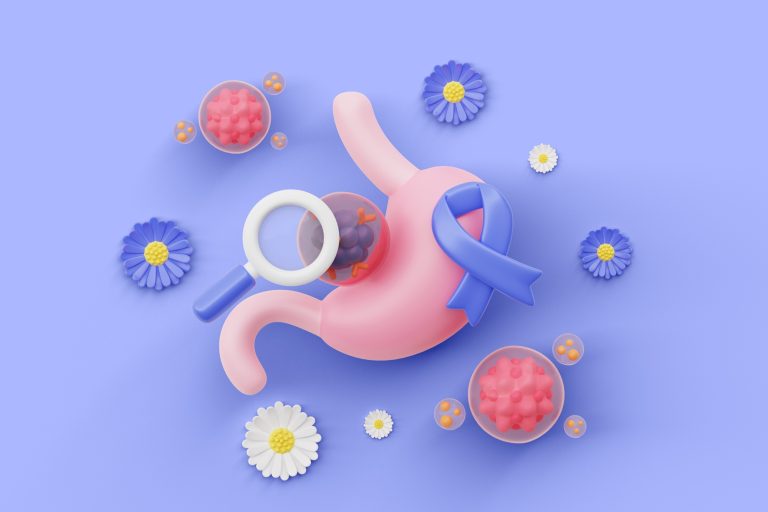Dog’s Stomach Gurgle is an intriguing and sometimes perplexing phenomenon for pet owners. It often accompanies quiet moments in the company of our loyal friends with specific and sometimes strange sounds. This sound is rooted in the digestive system of dogs and may be a normal part of their metabolic process.
In this article, we aim to explore this phenomenon in depth, understand the underlying causes of colic in dogs and offer advice on how owners can better manage and understand this part of their canine health.
CONTENT:
- What is Dog’s Stomach Gurgle?
- Causes of Dog’s Stomach Gurgle
- When you should worry
- How to manage this phenomenon
What is Dog’s Stomach Gurgle?
Stomach growling in dogs is a fascinating sound phenomenon, resulting from the complex movements of their digestive system during the digestion process. When food is processed and moved through the stomach and intestines, these movements can create varied sounds, similar to a “gurgling”.
It is essential to understand that colic in dogs is, in most cases, a normal and healthy manifestation of the functioning of their digestive system. It should not be seen as a sign of a health problem, but rather as a natural consequence of the complex metabolic process.
Dogs, among the major types of mammals, depend on the peristaltic movements of the muscles of the stomach and intestines to propel food and break it down into absorbable nutrients. In this process, liquids and gases move, producing characteristic sounds that we hear as a whooshing sound.
Causes of Dog’s Stomach Gurgle
Stomach rumbling in dogs is not only a sound mystery in the universe of their health, but also an interesting manifestation of the complex functioning of their digestive system. While their digestive sounds may seem enigmatic, they are usually a natural and harmless part of the metabolic process. In this context, let’s explore in detail the causes behind stomach rumbling in dogs and take a closer look at the phenomena that lead to this gastronomic symphony.
-
Normal digestion
Dogs, like humans, experience digestive sounds when their stomachs process food. This is a natural part of how the digestive system works, where enzymes and gastric juices come into action to break down food into absorbable nutrients. The sounds produced in this process indicate that the digestive system is performing its normal functions.
-
Air in stomach
Sometimes dogs can swallow air while eating or drinking, especially if they are in a hurry or agitated. This air builds up in the stomach, resulting in characteristic gurgling sounds. Normally, this gas build-up is not a major problem and is eliminated naturally.
-
Peristaltic movements
Peristaltic movements of the stomach and intestines are essential for propelling food through the digestive tract. These muscle contractions can generate sounds as food is pushed and processed, contributing to the overall gurgling phenomenon.
-
Hunger
Dogs may make digestive sounds when they are hungry, especially if they haven’t eaten in a while. In this case, their stomach may respond to the anticipation of future food by generating sounds that signal a healthy appetite.

When you should worry
In most cases, dog’s stomach gurgle is harmless and normal. However, there are situations where these sounds can indicate health problems. Here’s when you should see your vet:
1. Discomfort or Pain
A crucial aspect in monitoring your dog’s health after colic is paying attention to any signs of discomfort or pain. If you notice that your pet seems to be in pain or discomfort during or after these digestive sounds, don’t hesitate to consult a veterinarian. Abnormal behavior such as moaning, changes in posture, or avoiding touching the stomach may indicate problems that require evaluation and treatment.
2. Changes in Eating Habits
Dogs are creatures of habit, and any sudden change in eating behavior can indicate a health problem. If the dog refuses to eat, shows diarrhea, vomiting or other signs of digestive disorders, it is imperative to seek medical attention. These signs can indicate a wide range of problems, including infections, gastric problems or even intestinal obstructions, and prompt intervention is essential to establish a correct diagnosis and start appropriate treatment.
3. Excessive or Persistent rumbling
Normally, colic in dogs is a temporary and intermittent phenomenon. However, if you notice digestive sounds becoming excessive or persistent over time, it’s time to take action. This could indicate a more serious underlying problem, such as inflammation, infection, or other gastrointestinal conditions. An evaluation by a veterinary professional is crucial to identify the cause and develop an appropriate treatment plan.

How to manage this phenomenon
Rather than being viewed as a mystery, this phenomenon provides a window into the inner workings of the dog’s digestive system. In this context, it is essential to understand not only the causes of colic, but also how to manage it to ensure that our pets live a healthy and happy life.
-
Careful monitoring
Careful observation of your dog’s behavior after colic is the first step in managing their health. Keep an eye out for signs of discomfort, such as changes in posture, restlessness, or signs of pain. If the dog seems to be constantly bothered by digestive sounds or exhibits any unusual behavior, it is advisable to consult a veterinarian for a thorough evaluation.
-
Proper nutrition
A healthy and balanced diet is a crucial key in maintaining the normal digestive function of the dog. Make sure the food offered is tailored to their specific needs, taking into account age, weight, and activity level. Avoid sudden changes in diet, and if you are concerned about your dog’s reaction to certain foods, consult a canine nutritionist or veterinarian.
-
Regular visits to the vet
Scheduling regular vet visits is a fundamental pillar in managing your dog’s overall health. These periodic visits allow early detection of any health problems, including those related to the digestive system. Your vet can provide personalized advice on nutrition, symptom monitoring and recommend additional tests if necessary.
In a world where good dog health is a priority, colic management is becoming an essential part of daily care. Through careful monitoring, proper nutrition, and close collaboration with veterinary professionals, we can ensure that our non-talking friends remain happy and healthy throughout their lives.

